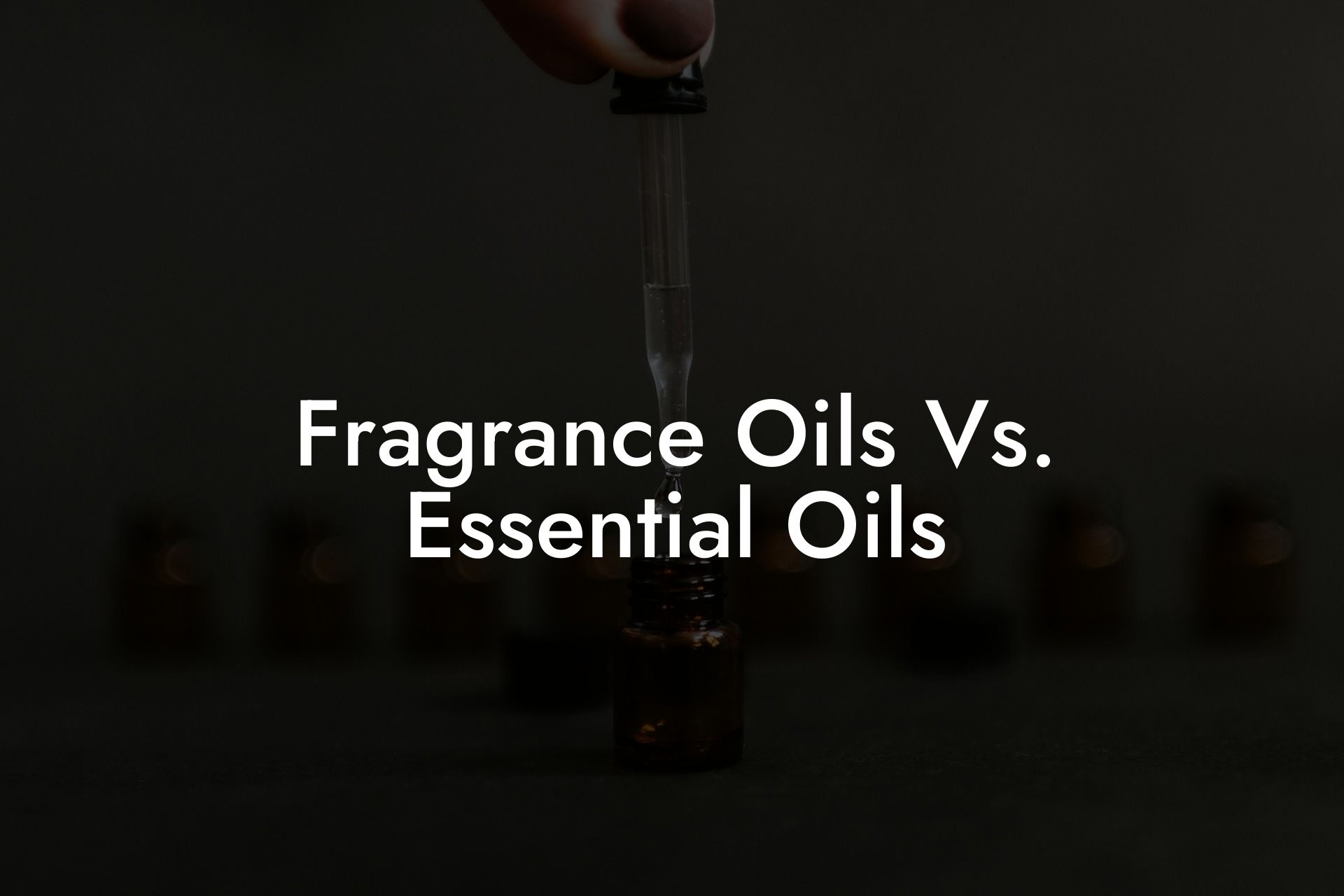Are you among the countless people wondering about the differences between fragrance oils and essential oils? Look no further; we’ve got all the fascinating details in this comprehensive guide. Discover how both types of oils are made, their benefits, and how to choose the right one for your needs.
Table of Contents
What are Essential Oils?
Essential oils are highly concentrated natural extracts derived from various plant parts, such as leaves, flowers, roots, and bark. They are obtained through various extraction processes like steam distillation, cold pressing, or solvent extraction. These oils contain the essence of the plant and have been used for centuries for their therapeutic properties in aromatherapy, skincare, and natural remedies.
What are Fragrance Oils?
Fragrance oils, often referred to as “perfume oils” or “aroma oils,” are synthetic compounds that mimic natural scents. They are created by combining various chemical ingredients to replicate the fragrance of a specific plant, fruit, or flower. Unlike essential oils, fragrance oils do not have therapeutic properties and are mainly used for their aromatic qualities in perfumes, candles, soaps, air fresheners, and other products.
Essential Oils vs. Fragrance Oils: Application and Use
- Aromatherapy: Essential oils are widely used in aromatherapy due to their therapeutic benefits, while fragrance oils are not recommended as they lack these properties.
- Skincare: Essential oils can be used in skincare formulations for their various benefits, such as anti-inflammatory, antibacterial, and moisturizing properties. Fragrance oils, on the other hand, are used to provide a pleasant scent but can sometimes cause skin irritation or allergies.
- Home Fragrance: Both types of oils can be used for home fragrancing, such as in candles, diffusers, and air fresheners. However, essential oils may have additional benefits, like relaxation or focus, while fragrance oils are chosen solely for their scent.
Pros and Cons of Essential Oils
- Pros:
- Natural and derived from plant sources
- Therapeutic and aromatherapeutic benefits
- Can be used for various applications, such as skincare and home fragrance
- Cons:
- Can be expensive due to the extraction process
- Limited scent range as not all plants produce essential oils
- Can cause skin irritation if not properly diluted or if the individual is allergic to the plant source
Pros and Cons of Fragrance Oils
- Pros:
- Affordable and widely available
- Vast range of scents, including ones that cannot be replicated through essential oils
- Long-lasting, strong scent that does not evaporate as quickly as essential oils
- Cons:
- Synthetic and may contain harmful chemicals
- No therapeutic or aromatherapeutic benefits
- Can cause skin irritation or allergies, particularly in sensitive individuals
Fragrance Oils Vs. Essential Oils Example:
Imagine you want to create a blend to help you relax and sleep better at night. In this case, essential oils like lavender, chamomile, and vetiver would be ideal choices due to their calming and soothing properties. However, if you were only interested in creating a room spray with a pleasant and long-lasting scent, fragrance oils like vanilla, sandalwood, or jasmine may be suitable choices.
Now that you know the essential differences between fragrance oils and essential oils, you can make informed decisions when selecting them for various uses. Remember to keep safety in mind and always follow the recommended guidelines for essential oil usage and dilution. Feel free to share this article with friends and family who might find it useful and don’t forget to explore other fascinating guides on Oshu Oils. Discover the world of essential oils and experience the natural benefits and wonderful scents they offer with Oshu Oils’ Artisan Essential Earth Oils range.





















